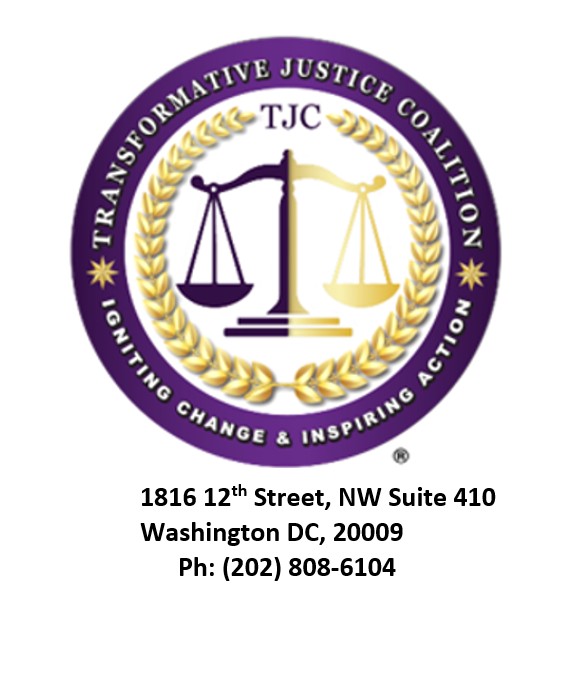Former District Attorney Jackie Johnson speaks at the Glynn County Courthouse in Brunswick, Ga. last month. She goes on trial Monday for interfering with the police investigation into the shooting death of Ahmaud Arbery, the Black jogger chased and killed by three white men in February 2020. No arrests were made until months later, and only after video of the crime came out.
—-
BRUNSWICK, Ga. — It’s been nearly five years since Ahmaud Arbery was shot to death in Satilla Shores, a subdivision on the Georgia coast.
Neighbors Greg McMichael, his son Travis, and William “Roddie” Bryan mistakenly assumed Arbery was a thief and chased him with pickup trucks.
“There’s a Black male running down the street,” the elder McMichael told a 911 dispatcher, yelling “Stop right there dammit!” moments before Travis McMichael shot Arbery point blank three times with a shotgun.
The men are all serving life prison sentences on murder, kidnapping and hate crime convictions.
Now another piece of this high-profile racial justice case is coming to court Monday after years of legal delays.
Former Brunswick Judicial Circuit District Attorney Jackie Johnson is charged with violating her oath of office and hindering a police officer. State prosecutors say she sought to shield the McMichaels from arrest. Greg McMichael had previously worked as an investigator in her office and was a former police officer.
Arbery’s family is ready to see this corruption case come to trial.
“To get 100% justice for Ahmaud,” says his father, Marcus Arbery.
He says holding the former prosecutor accountable is no less important than convicting the murderers because elected officials are supposed to serve everyone equally.
“We put our lives in their hands,” he says. “You get a powerful spot like that, and don’t do the job? It’s hurtful.”
Ex-DA denies wrongdoing
Johnson, who is white, had served as the local DA for 10 years. She has denied interfering and said she immediately recused herself from the Arbery case.
Her lawyer declined NPR’s request for an interview. But in May 2020, she was asked on a local radio program about allegations she advised the police not to arrest the McMichaels.
“That’s so far from the truth, it’s just a straight up lie,” Johnson said on WIFO’s Butch and Bob show.
“We were not trying to do anything to manipulate this case. Rather, we were trying to stay out of this case,” she said at the time.
Johnson speculated Glynn County police were accusing her of interfering in retaliation for her office’s investigation into police corruption.
Some of the evidence the Georgia Attorney General’s office is expected to present at Johnson’s trial includes logs of some 16 calls between phones belonging to Greg McMichael and Johnson in the days and weeks after Arbery was killed. There’s also a message left on her cellphone shortly after the shooting.
“Jackie, this is Greg. Could you call me as soon as you possibly can?” he says. “My son and I have been involved in a shooting and I need some advice right away.”
Community outrage at how the murder was handled
State prosecutors are also expected to question whether Johnson followed proper protocol when she asked a DA in a neighboring jurisdiction to act as counsel for Glynn County police in the Arbery case, before notifying the state attorney general’s office. That DA’s son worked in Johnson’s office.
Community activists have been critical of how Glynn County officials originally handled the case. Arbery was shot to death on Feb. 23, but nothing happened until graphic cell phone video of the killing, recorded by Bryan, was leaked on May 5.
The video sparked public outrage, and the Georgia Bureau of Investigation took over the case from Glynn County police. Under mounting pressure, the McMichaels and Bryan were arrested not long after.
In Brunswick, the nearly three-month delay in seeking justice for Arbery sparked a grassroots movement to transform the community.
“We understood that bringing light to his case was not enough,” says Elijah Bobby Henderson, co-founder of A Better Glynn, a civic engagement coalition that formed after Arbery’s murder.
The group set out to drive up voter turnout, and worked to make sure that Jackie Johnson was defeated in her re-election as DA. They also successfully lobbied the Georgia legislature to revoke the state’s citizen’s arrest law, and pass new hate crimes legislation.
But Henderson says they have bigger goals that will take time.
“We want better systems; we want better outcomes,” he says. “Make improvements to the systems that had failed on that day and that have historically failed in Glynn County.”
Henderson says he’s hopeful the evidence in this trial can shed light on the local power structure.
“I call it a cabal. We know that there’s these handshake deals and backroom conversations that happen. But that was bad,” says Henderson.
“If a Sunday jogger can have his life snuffed out and they are intent to cover it up, we’re returning to the place where people are lynched without justice.”
Arbery’s murder was among those that sparked a national racial justice outcry in 2020.
Barbara Arnwine of the Transformative Justice Coalition says if the allegations against the former DA are proven in court, it will underscore inequities in the criminal justice system.
“These vigilantes that took justice into their own hands [was] bad enough,” she says. “But to have the assistance be after the fact of a prosecutor is very distressing.”
Arnwine says the trial is an opportunity for transparency about what exactly happened in those first few weeks when the family feared there would be no justice for their son’s killing.
“It was very tough,” she says. “Those weeks that the family didn’t see an active investigation but were being told that the best was being done when it wasn’t.”
The Georgia Attorney General’s office will be prosecuting the Johnson case, with jury selection set to start Monday.
Copyright 2025 NPR
